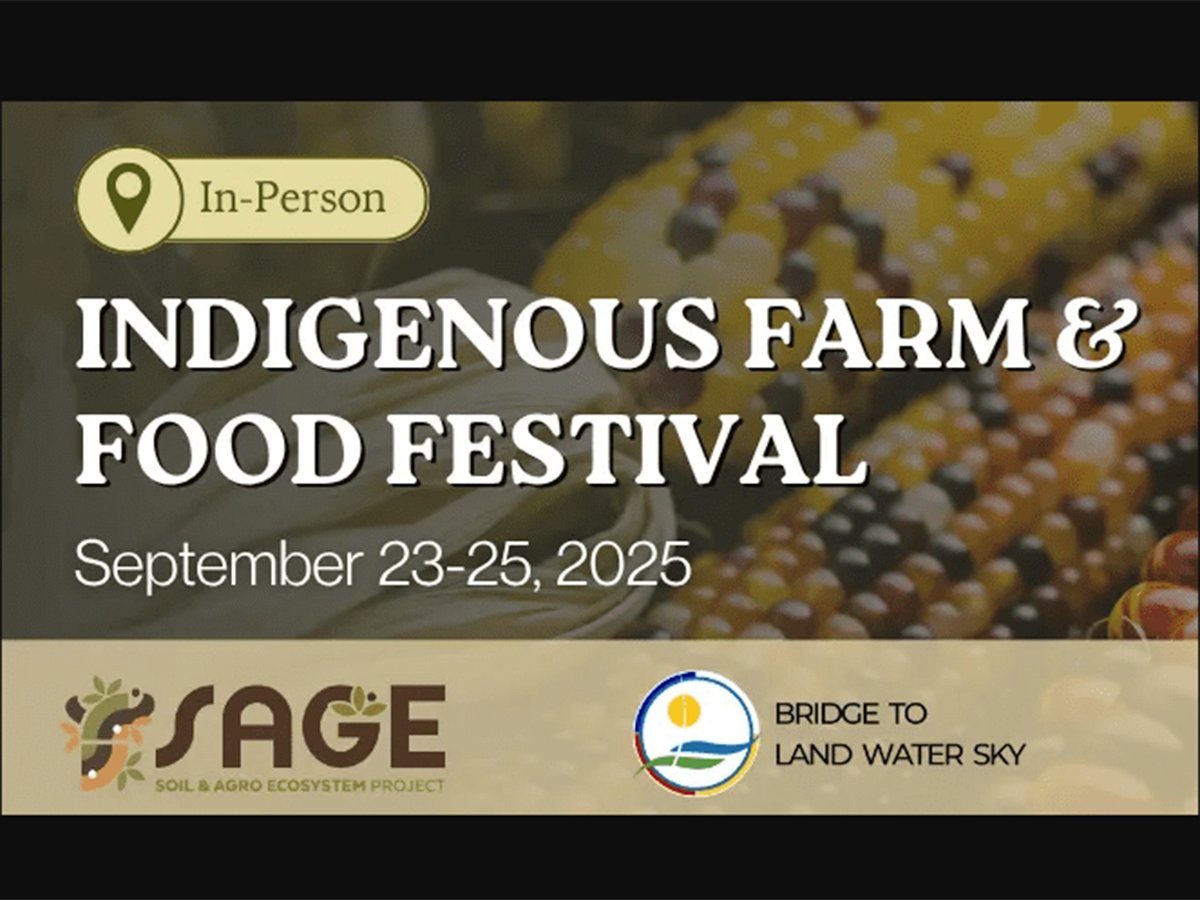One of the pleasures of hunting for game is filling a freezer with delicacies at far less than grocery store prices for domestic meat.
In some cases, however, hunting is a subsistence activity that puts much needed food on a table that otherwise might be bare.
So how is it possible that the taxman can get involved in the processing of hunted meat? It all depends on how it is prepared for consumption, as one butcher found out when charged by the Canada Revenue Agency (CRA) for back taxes on the processing of game carcasses for hunters using his butchering services.
Read Also

Finding the sweet spot where ag science meets ag culture
Soon, many will look at practices such as seeding marginal acres to forage, growing cover crops and livestock integration and ask why they didn’t do this sooner.
Generally, meat sales are considered a zero-tax item. However, the CRA maintained that the butcher wasn’t selling the meat. Instead, he was selling his butchering service, and the meat already belonged to the hunter. In Alberta, as in other provinces, it is illegal to sell wild, uninspected game. So as the CRA’s logic went, if he can’t sell the product, he must be selling a service and, unlike the meat in question, that is subject to GST.
The butcher admitted that he took delivery of the wild carcass, identified it as the property of the hunter, took instructions on how the hunter wanted it cut and packaged and delivered the product to the hunter as requested.
Along the way, if sausage was requested he would add his own pork and spices to keep the meat moist and flavourful. In effect, he was adding value to the hunter’s catch. The final charges to the hunter were tabulated on a per pound basis and delivered as requested without GST.
The butcher’s lawyer gave it the old college try on appeal to the Tax Court of Canada by suggesting that while the butcher took delivery of the hunter’s wild game carcass, he processed and changed it into an edible form called meat.
And meat under the Income Tax Act is a zero-tax item. The process of changing the carcass into an edible product did, in fact, give the butcher an ownership position in the product.
Alas, the court agreed with the CRA. Because it is illegal to sell wild game, the butcher did not own the meat and was merely offering a service to the hunter by processing, cutting and packaging it to his client’s needs. That is a service, the judge maintained, and that is a GST taxable item.
Even the value-added portion of the service, where the butcher added his own pork and spices to the sausage, was considered to be part of the service and subject to GST.
However, the issue doesn’t apply only to wild game. The court found it also applied to uninspected domestic animals that farmers and ranchers bring to the butcher for processing.
So our butcher lost his case and had to pay the back taxes on the services he provided.
The unfortunate part of the story, which seems to be lost in the shuffle, is that in many cases the butcher was supplying his serviceto subsistence hunters who needed the game to feed their families.
In the future, they will have to pay the GST that the butcher must collect on behalf of the government.
Larry Roche is a tax analyst with farm taxation and planning specialists Farm Business Consultants Inc. He can be contacted at fbc@fbc.ca or call 800-860-7011.














